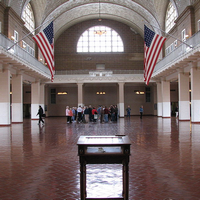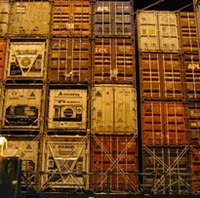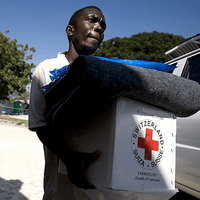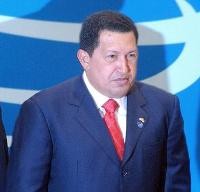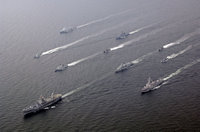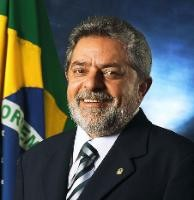
Brazil has a serious problem: Its economy is growing too fast. No kidding. In today’s global environment of sluggish growth and fears of a recessionary “double dip,” word of this peculiar challenge facing Brazilian policymakers might sound like the setup for a joke. But don’t wait for the punch line. Brazil, like much of Latin America, is showing astonishing resilience in the face of a daunting economic environment that cuts across borders. The region that popularized words such as junta and caudillo, and the countries that for decades served as the inspiration for caricatures of tin-pot dictators — not to […]

